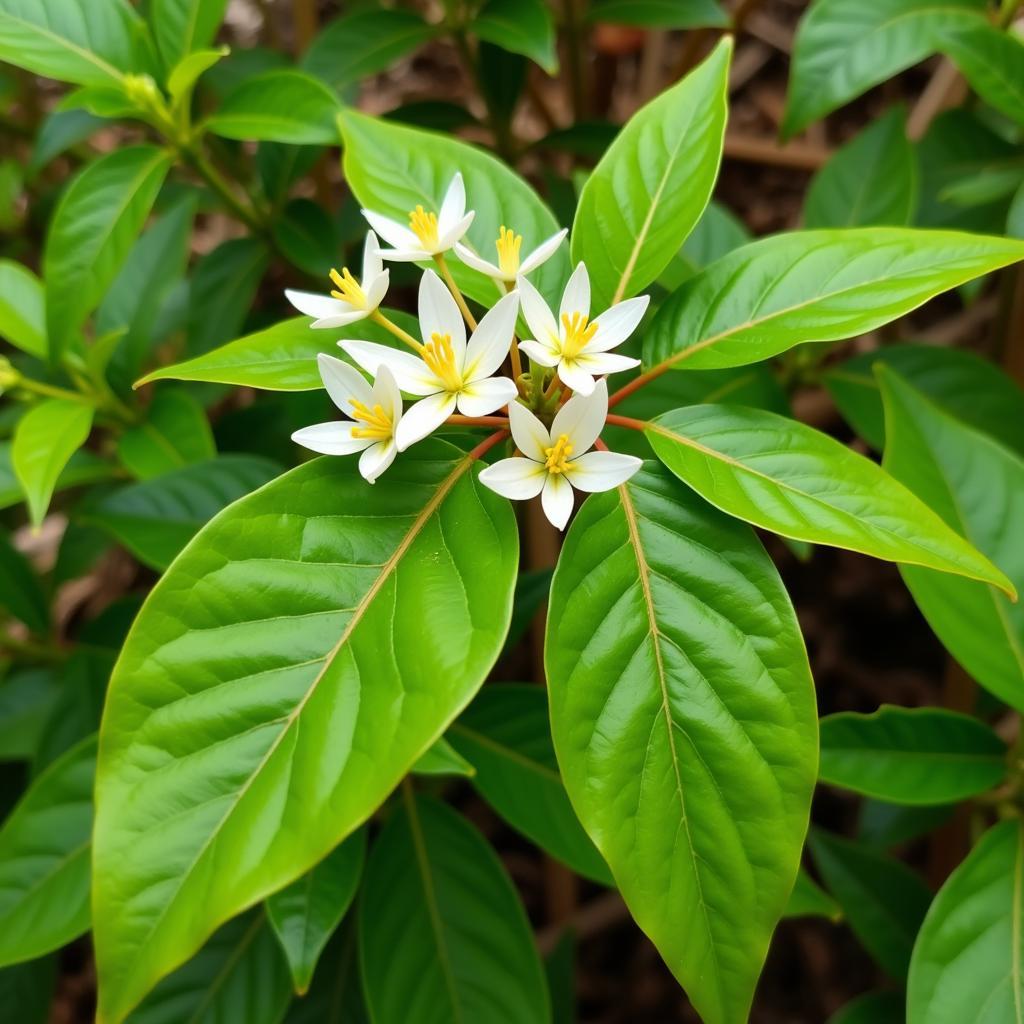The African American Suffrage Year: A Journey to Equality
The African American Suffrage Year was a pivotal moment in the fight for equal rights in the United States. While the year 1920 is often associated with women’s suffrage, the journey to achieve voting rights for African Americans, particularly women, was fraught with challenges and setbacks. This article delves into the complexities of this struggle, highlighting the resilience and determination of those who fought tirelessly for equality.
A Century of Disenfranchisement: Setting the Stage
The abolition of slavery in 1865 marked a new era for African Americans, but it was far from an era of equality. The 15th Amendment, ratified in 1870, granted African American men the right to vote, but it did not extend this right to women. This omission set the stage for a long and arduous battle for African American women’s suffrage.
Navigating Racism and Sexism: The Dual Struggle
African American women faced a unique set of challenges in their fight for suffrage. They encountered both racism and sexism, often from within the suffrage movement itself. Some white suffragists believed that prioritizing the vote for white women would be a more palatable strategy, alienating their African American counterparts.
Voices of Strength: Leaders of the Movement
Despite these obstacles, courageous African American women emerged as prominent figures in the fight for suffrage. Leaders like Ida B. Wells-Barnett, Mary Church Terrell, and Sojourner Truth challenged discriminatory practices and tirelessly advocated for the rights of all women.
Ida B. Wells-Barnett: A Force to be Reckoned With
Ida B. Wells-Barnett, a journalist and activist, fearlessly exposed the horrors of lynching while also advocating for women’s rights. She co-founded the National Association of Colored Women (NACW) and challenged segregation within the suffrage movement. Her unwavering commitment to justice made her a powerful voice for change.
Mary Church Terrell: Education as Empowerment
Mary Church Terrell, a renowned educator and activist, believed that education was key to uplifting African Americans. She served as the first president of the NACW and advocated for women’s suffrage as a means to improve the lives of Black communities.
Sojourner Truth: “Ain’t I a Woman?”
Sojourner Truth, a former slave turned abolitionist and women’s rights advocate, delivered her famous “Ain’t I a Woman?” speech, highlighting the strength and resilience of African American women. Her words resonated with audiences, challenging the prevailing notions of womanhood and demanding equal rights for all.
1920 and Beyond: A Bittersweet Victory
The ratification of the 19th Amendment in 1920 granted women the right to vote, but the fight for African American women was far from over. Jim Crow laws, poll taxes, and literacy tests remained significant barriers to voting in many Southern states.
Continuing the Legacy: The Fight for Voting Rights Today
The African American suffrage movement serves as a powerful reminder of the ongoing struggle for equal rights. The fight for voting rights continues today as communities grapple with voter suppression tactics and systemic barriers. Honoring the legacy of those who fought so valiantly for suffrage requires continued vigilance and advocacy to ensure that all voices are heard.
FAQs
1. When did African American women get the right to vote?
While the 19th Amendment granted women the right to vote in 1920, many African American women, particularly in the South, faced significant barriers to voting due to discriminatory practices like Jim Crow laws.
2. Who were some prominent figures in the African American suffrage movement?
Ida B. Wells-Barnett, Mary Church Terrell, and Sojourner Truth were among the prominent figures who tirelessly advocated for African American women’s right to vote.
3. Why was the African American suffrage movement significant?
The African American suffrage movement highlighted the intersectionality of race and gender in the fight for equal rights, paving the way for future social justice movements.
4. What were some of the challenges faced by African American suffragists?
African American suffragists faced both racism and sexism, often encountering discrimination within the suffrage movement itself. They also had to overcome barriers like Jim Crow laws that disfranchised Black voters.
5. How does the legacy of the African American suffrage movement resonate today?
The fight for voting rights continues today as communities face voter suppression tactics and systemic barriers. The legacy of the African American suffrage movement serves as a reminder of the importance of vigilance and advocacy to protect voting rights for all.
Need Support?
For any assistance, please contact us at:
Phone Number: +255768904061
Email: kaka.mag@gmail.com
Address: Mbarali DC Mawindi, Kangaga, Tanzania.
Our customer care team is available 24/7 to assist you.



